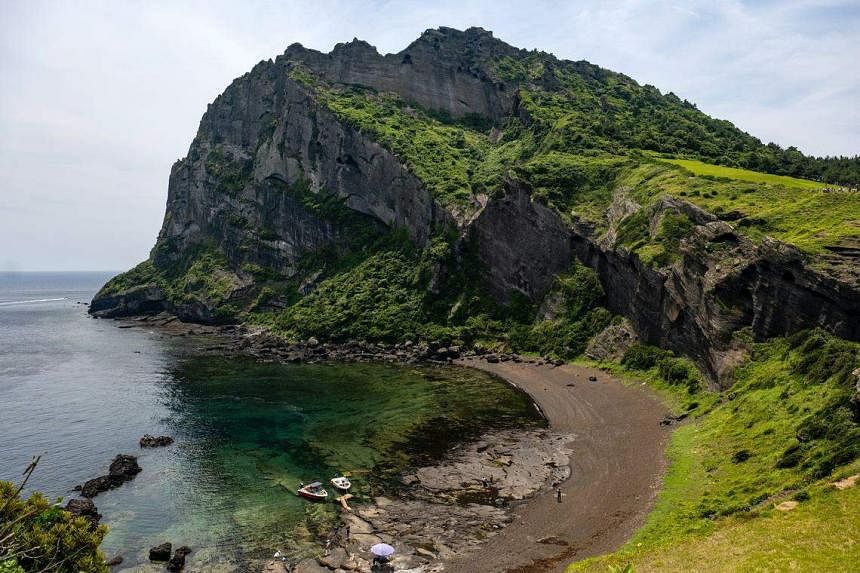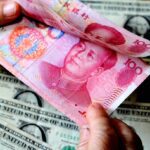Global Courant 2023-04-18 11:39:53
From the blue skies, rapeseed blossoms to endless coastal roads, South Korea’s Jeju Island has long been touted as the “Hawaii of Asia” and is an increasingly popular holiday destination for domestic and foreign tourists.
But thriving tourism comes at a price: an excess of waste and waste water.
According to a report by The Korea Times on Tuesday, local authorities want to impose tourist taxes to protect the environment.
Tourists are expected to pay an average of 8,170 won (S$8.20) each day to enter Jeju.
Some charges include 1,500 won for each night of stay on the island.
Those who rent a car or minibus pay 5,000 won and 10,000 won respectively for each day. Tourists who rent a bus pay five percent of the rental price.
The fees are now under review, the Jeju Special Self-Governing Province said on Sunday.
If approved by South Korea’s National Assembly, the fees will add 141 billion won to the state coffers after the first year and 167 billion won in the second year, according to the authority’s forecast in the report.
The move is reportedly not welcomed by all South Koreans, according to Seoul Economic Daily.
Some South Korean netizens expressed their displeasure online, saying the charges are “excessive”.
For Singaporean Anna Lim, the costs are reasonable and she will continue to plan her visit to Jeju next year.
“It’s a small amount, and frankly, if it helps preserve the environment on Jeju Island, I don’t see what the problem is,” the 28-year-old office assistant told The Straits Times.








